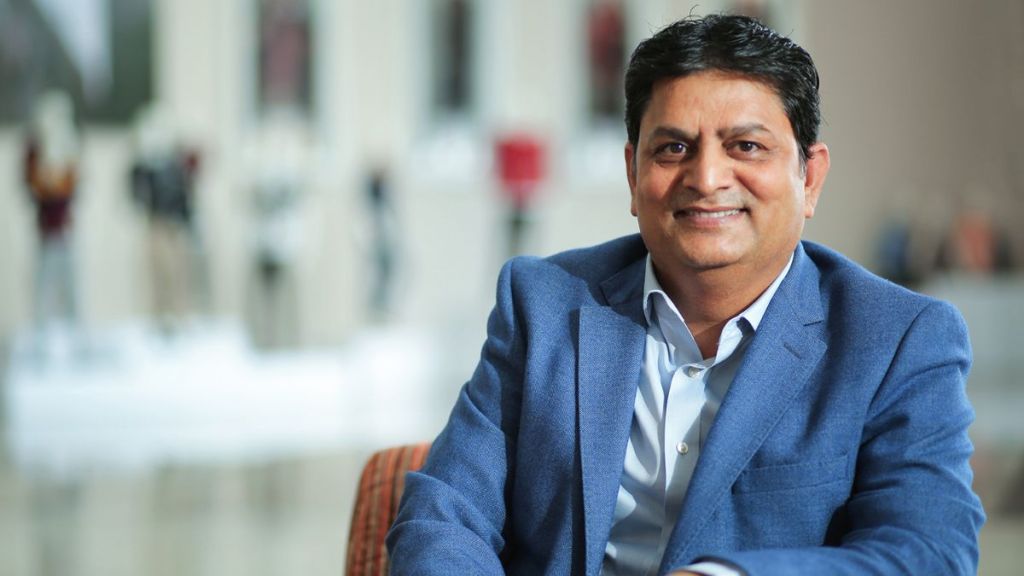Aditya Birla Fashion & Retail Ltd (ABFRL) recently launched the Green Jobs and Sustainability Accelerator Program, in partnership with 1M1B (1 Million for 1 Billion) – the United Nations accredited non-profit that engages and enables youth to become future-ready problem solvers creating real world impact. Naresh Tyagi, chief sustainability officer, ABFRL, told FE’s Vikram Chaudhary that there is a need for a green future-ready workforce, and companies need to put money in training them. Excerpts:
What do ‘green skills’ and ‘a green future-ready workforce’ mean?
Simply put, green skills mean placing sustainability at the core of whatever you do. It’s not just about planting trees or cleaning lakes in your spare time. It’s about creating a community mindset, one that cares for people and the planet, no matter what you do. A green future-ready workforce is not just a specialised layer of climate warriors who work in a silo – it’s a workforce constituted by lawyers, engineers, policymakers, entrepreneurs, coders, and so on; all of whom are working in their own fields while keeping the planet at the centre of it all. If we semantically expand green as a word, it can be achieved just not with the sensitivity towards the environment, but also with governance and social consciousness.
What kind of initiatives can be taken by big corporations and the government to promote green job creation and enhance green skills?
Big corporations must start partnering with smaller start-ups, consultancies and think tanks in the sustainability space to achieve their ESG goals, as we did with our tie-up with 1M1B. Also, I feel that big corporations need to start including green skills as compulsory training in their workforce development programmes and encourage sustainable product design. They also need to give green placement talks and reorient their broader communications strategy to propel green. Unless large companies come forward and create the demand for green skills, it’s going to be a challenge to mobilise young people on this agenda. Similarly, governments need to give incentives to both schools and colleges to start green skilling programmes.
How has the demand for green jobs evolved in India, and which sectors offer the most opportunities?
While green jobs have increased by 8% in India, the talent for these jobs has only increased by 6%. There is a shortage and we need to act fast to activate the supply pipeline for this green workforce. Some of the top-paying jobs of the future are predicted to be sustainability managers, green-energy engineers, and climate-conscious architects. The sustainability industry is anticipated to generate over 16 million new jobs across different sectors in the country. It’s not the demand that’s an issue, but we need to start thinking now about how we intend on supplying it.Also, all good corporates have responsibility for social impact and community development for inclusive growth and there is a leap in higher demand for ESG professionals who cascade sustainability and CSR themes in the stakeholder’s behaviour on water conservation, resource efficiency, waste management, and green community in India.
How will programmes like this fill job gaps in the future?
The Green Jobs and Sustainability Accelerator Program aims to instil a sustainable mindset in students. The three areas that an individual need to develop to be ready for the jobs of the future are a mindset, tool set, and skill-set. Our programme aims to build an important foundational base – that of a sustainable mindset that empowers our young generations to keep the planet at the centre of every endeavour they embark upon.

